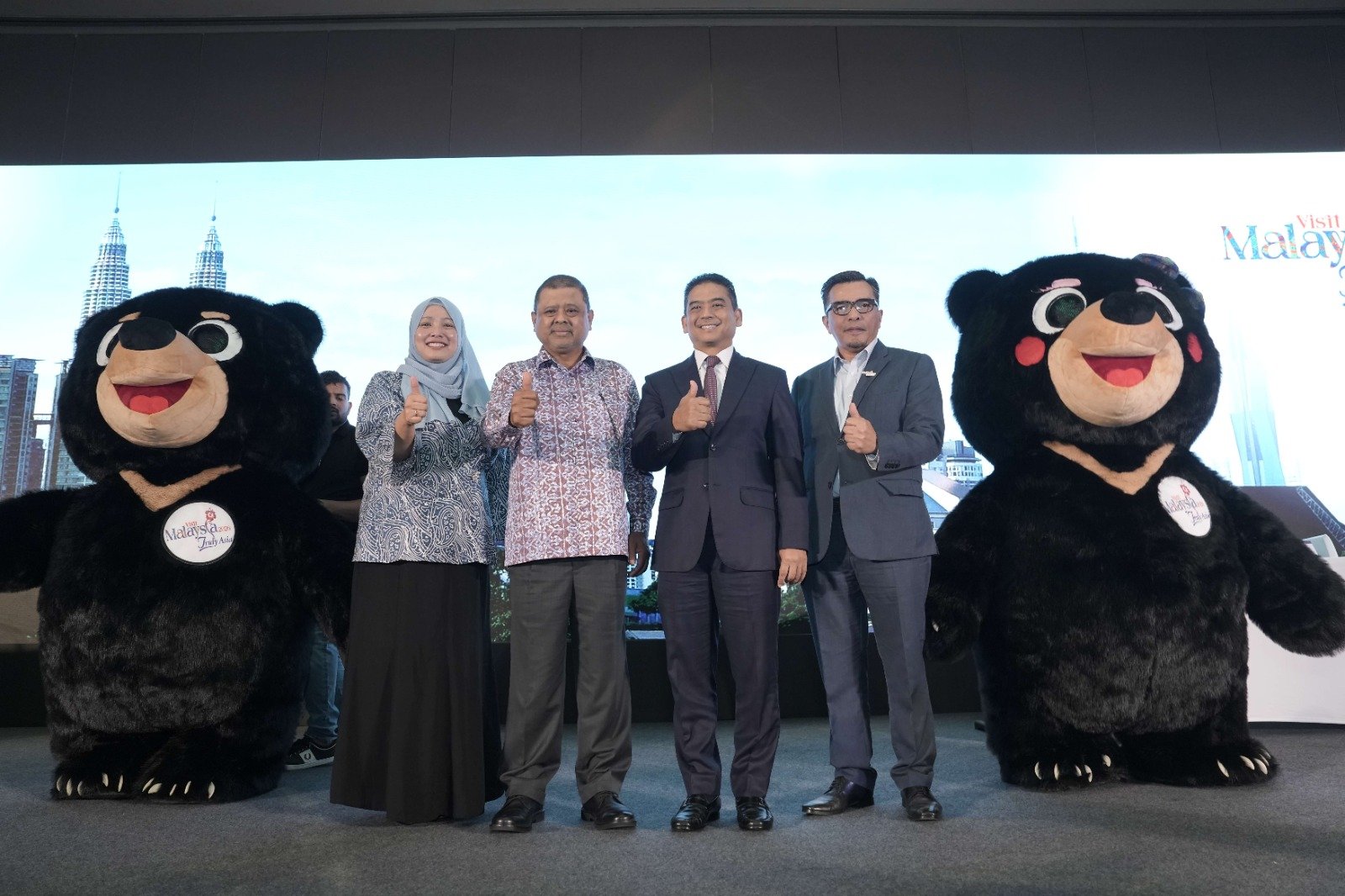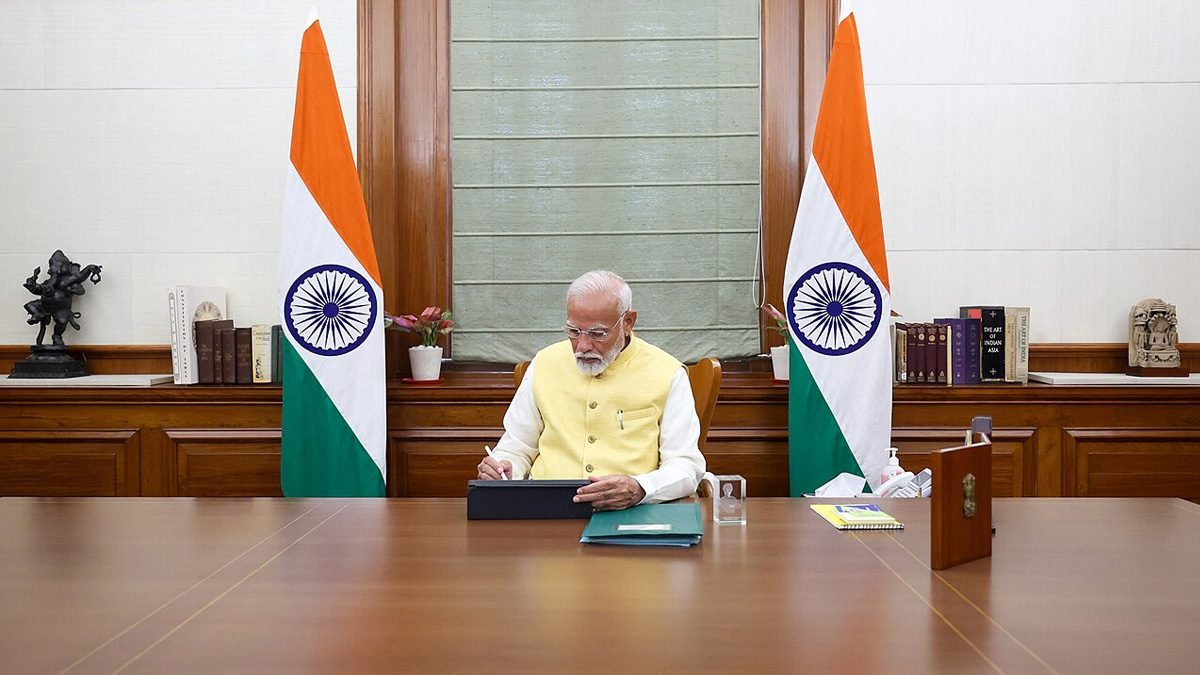- World Wide
- International
- National
- State
- Union Territory
- Capital
- Social
- Political
- Legal
- Finance
- Education
- Medical
- Science & Tech.
- Information & Tech.
- Agriculture
- Industry
- Corporate
- Business
- Career
- Govt. Policy & Programme
- Health
- Sports
- Festival & Astrology
- Crime
- Men
- Women
- Outfit
- Jewellery
- Cosmetics
- Make-Up
- Romance
- Arts & Culture
- Glamour
- Film
- Fashion
- Review
- Satire
- Award
- Recipe
- Food Court
- Wild Life
- Advice

Deloitte exit as APSEZ auditor is an arm twisting tactic
Audit firm Deloitte uncalled for exit as the statutory auditor of Adani Ports Special Economic Zone apsez for not being given a broader audit role in other group companies is an arm twisting tactic unheard of in the country corporate governance landscape. It raises critical questions about the ethics and integrity of the auditing profession.
The audit firms decision showcases a concerning prioritisation of personal gains over professional responsibility. Deloitte wanted to have more business in Adani Group companies, said Ashish Kapur, CEO of Invest Shoppe India.
The most troubling aspect of this episode is Deloittes explicit statement that their willingness to continue as apsez statutory auditor hinged on their role as auditors for other listed Adani portfolio companies. This stance sends a clear message that Deloitte audit decisions could be influenced by its desire to secure a wider business portfolio within the Adani Group. This presents a serious conflict of interest and calls into question the objectivity and impartiality of Deloitte auditing processes, Kapur said.
The audit profession operates on the bedrock of independence, integrity, and transparency. An audit firm's primary responsibility is to ensure transparency, accuracy, and accountability in financial reporting, safeguarding against corporate malpractices. Auditors are expected to maintain an unbiased stance and act in the best interest of shareholders and the public.
Citing business reasons, Deloitte withdrawal from APSEZs audit role undermines the auditing practices principles. This incident casts doubt on Deloittes professional ethics and undermines the broader credibility of the auditing industry, Kapur said.
Deloitte credibility as an auditing firm is not beyond suspicion, though. In a significant controversy involving its role in ILFS matters, Deloitte faces a potential crisis that could mark the end of its business in India. Recent financial scandals have raised doubts about auditors accountability.
The ILFS Group Companies default crisis, amassing over Rs.91000 crores in debt, shook Indias money markets, causing ripples in corporate bond yields and triggering a stock market slump. Notably, Deloitte served as the official auditor of ILFS Financial Services Limited from 2008 to 2018 before resigning.
Indian companies should recognise the potential havoc that foreign-based auditors can wreak on their operations, as exemplified by the ongoing Deloitte Adani Ports dispute. This scenario underscores the vulnerability of Indian businesses to arbitrary actions influenced by external factors, raising concerns about the impartiality and accountability of auditing processes. Government should also consider framing a regulatory framework in this regard as such actions can impact the business environment in India Kapur said.



























रिपोर्टर
The Reporter specializes in covering a news beat, produces daily news for Aaple Rajya News
Ajay Kumar